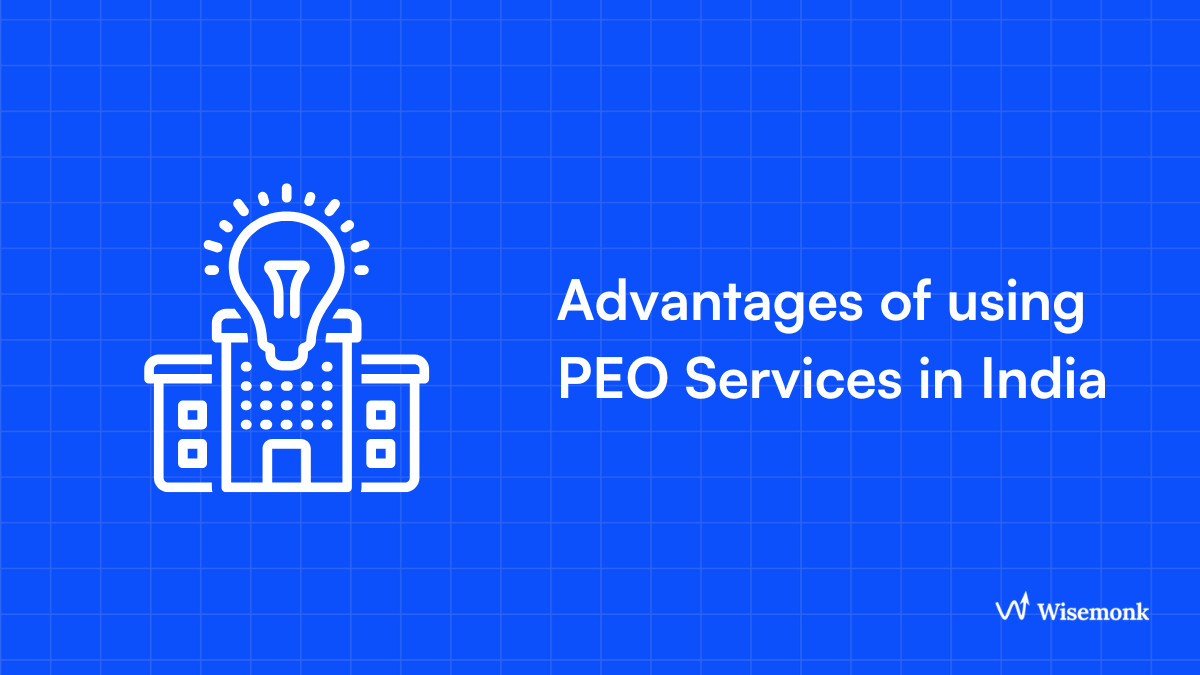In the fast-paced world of business, the quest for a skilled and adaptable workforce is more critical than ever. Employer of Record (EOR) services and Developer Agencies have emerged as strategic solutions, each with its unique strengths. This article dives into seven key differentiators between the two, illuminating the paths that businesses can tread to optimize their workforce orchestration.
EOR vs Developer Agencies
Employer of Record (EOR) services act as the conductors of a comprehensive employment symphony, managing everything from hiring to compliance. On the other hand, Developer Agencies resonate with businesses seeking skilled soloists for specific projects. It's a dichotomy of comprehensive workforce management versus project-centric specialization, each offering its distinct notes to the symphony of modern business dynamics.
Key Differences
Conclusion
In the intricate tapestry of workforce management, businesses face a choice between the comprehensive score of Employer of Record services and the specialized notes of Developer Agencies. Whether seeking an all-encompassing employment relationship or a project-focused engagement, the decision hinges on the symphony a business wishes to compose in the evolving landscape of the modern workplace.
Want to know which workforce model will work best for you? Request a free consultation.
Frequently asked questions
What is the primary difference between an Employer of Record (EOR) and a Developer Agency?
An Employer of Record manages the entire employment lifecycle, including hiring, compliance, payroll, and benefits, creating an ongoing employment relationship, whereas Developer Agencies provide specialized professionals for specific projects without establishing a direct employment relationship.
How does workforce flexibility compare between EORs and Developer Agencies?
EORs offer greater workforce flexibility by enabling companies to hire and scale employees quickly with compliance, while Developer Agencies provide specialized teams assembled for defined project durations but may not offer flexibility beyond project scope.
What about intellectual property rights when working with an EOR versus a Developer Agency?
EORs typically handle employment contracts that clearly define IP ownership, protecting the company’s rights, while Developer Agencies generally have established IP protection policies but require companies to perform due diligence to avoid disputes.
Which model is more cost-effective for businesses in the short term and long term?
EORs may be cost-effective in the short term by avoiding entity setup expenses, but ongoing fees could accumulate; Developer Agencies often have higher upfront costs but offer efficient project management and specialized expertise that can be cost-effective over the project lifecycle.
How do EORs and Developer Agencies differ in handling compliance and regulations?
EORs specialize in full legal compliance with labor laws, taxes, and employee benefits, reducing risks for global employers, whereas Developer Agencies focus on industry-specific standards and may not cover broader employment compliance intricacies.
What level of control does a company have over employees when using an EOR compared to a Developer Agency?
With an EOR, the company directs employees’ day-to-day tasks but the EOR manages employment logistics and legal responsibilities; Developer Agencies may manage both employment and operational aspects during the project tenure.
When should a business choose an Employer of Record over a Developer Agency?
A business should choose an EOR if it requires comprehensive workforce management, legal compliance, long-term employment relationships, and scalable hiring, whereas Developer Agencies are preferable for short-term, specialized project needs requiring niche skills.
.png)

.png)
